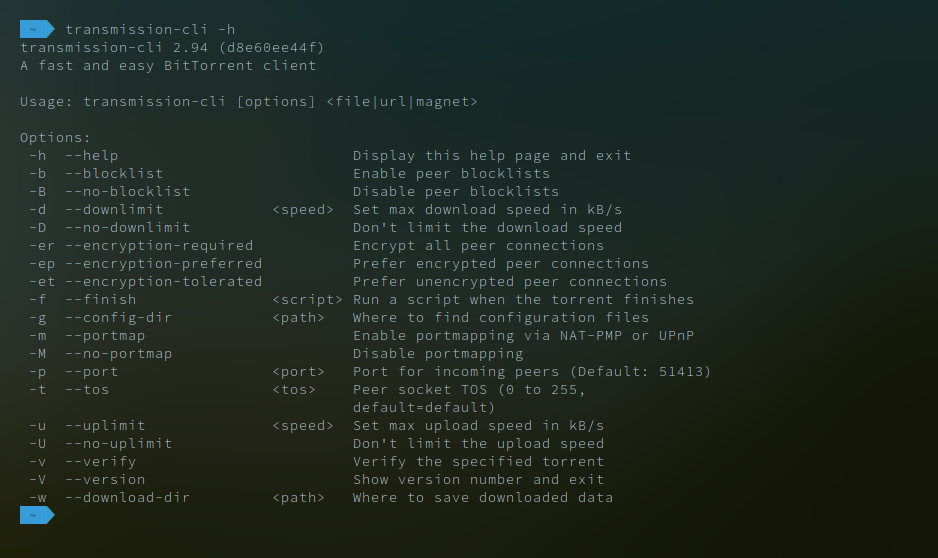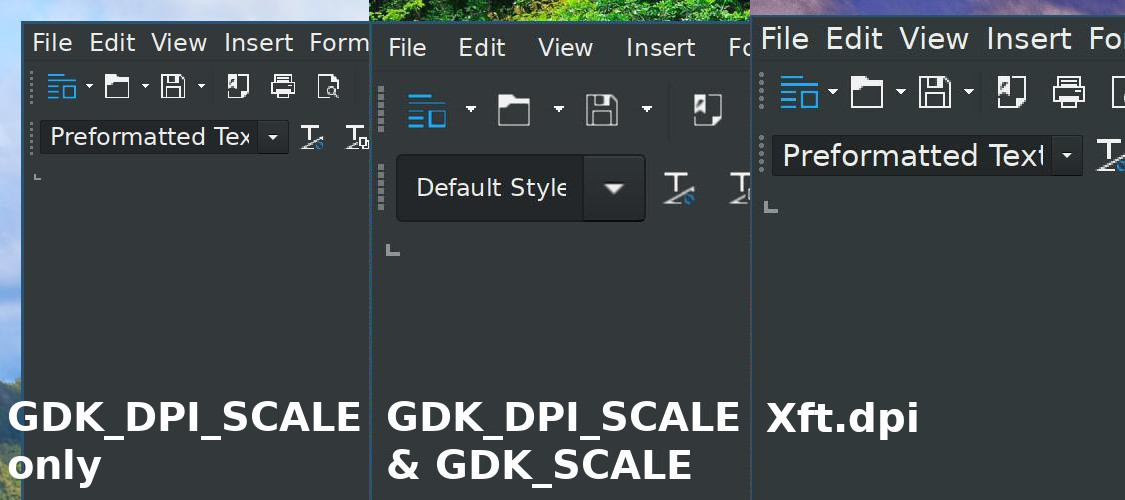My latest IP Osgoode post discusses a mistaken New York Times story that sparked a wave of “Wikipedia is locking out new people” stories. I wrote about the mistake in what may be one of the few correct articles on the subject. I also linked back to the NYT article. This has the problematic effect of increasing the incorrect article’s page rank on Google.
It’s odd. In the course of pointing out a mistaken article, you probably will link to it. So the more people that point out a mistake, the more likely that article is to show up in a search. The PageRank system is based on the idea that the more links a site has, the more relevant it is. I had two thoughts on how to address this problem. My first idea was use something like the “rel” attribute to implement a voting system. Search engines can then incorporate this into their ranking or results. For example, you might link to a site using rel=”correction” and then Google could count it as a thumbs down or show a little warning next to the entry if there are many corrections. But that’s too easy to abuse and needs to be implemented by search engines. My second idea was more practical: when correcting another article use rel=”nofollow”. Which I didn’t do. But in the future I will.
None of this addresses the greater flaw of PageRank style ranking which is that it grants an advantage to the early reports over later ones. IP Osgoode, for example, is generally pretty late in writing about any subject. By being late, however, it has an advantage over those blogs that rush to report on breaking news. In theory, the IP Osgoode post ought to be better than the one that broke the story. But by that time, most people have moved on and fewer people link to the IP Osgoode post. Therefore when some person in the future looks for information on the subject, they don’t get the best information (theoretically, again). I’m probably being too simplistic about PageRank. Maybe Google has done something about this. They’re pretty smart.


Recent Comments